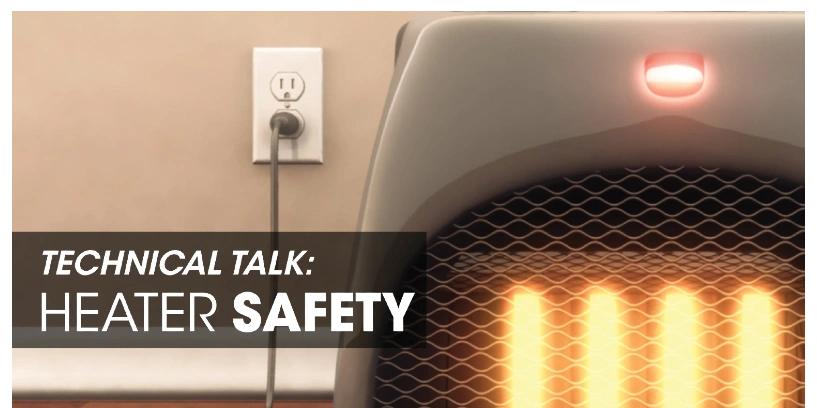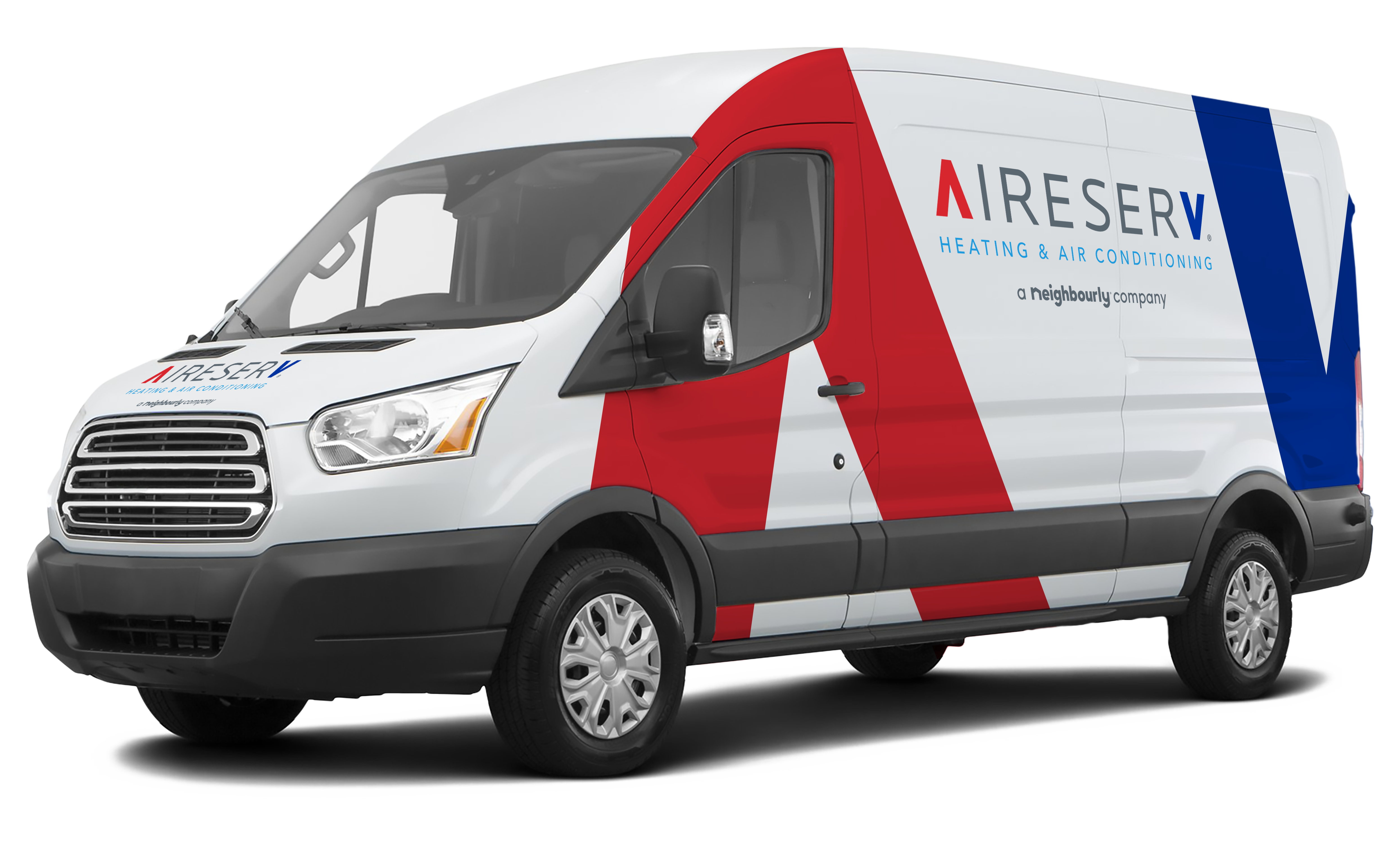
Are you staying warm this winter? You probably use a combination of central heating and space heaters to create a cozy environment. But are you following all the right safety protocol? In US homes, the number of heater fires is second only to cooking fires. More than 65,000 homes are damaged in central heating and space heater fires every year. Find the answers to your most pressing heater safety questions here to prevent putting your home and family at risk this winter.
Central Heating Safety Tips
The most common form of central heating is a natural gas-powered furnace. To keep your heater running safely for the remainder of winter, know the answers to these questions.
Besides fire, what other hazard does a gas furnace pose?
Any heat-producing appliance can cause a fire, but only combustion equipment increases your risk of carbon monoxide exposure. This is why, if you have a gas furnace or other fuel-burning appliances, you should install carbon monoxide detectors on every floor of your home. Test these detectors once a month and change the batteries once a year to ensure you’re always protected.
How often should a furnace be maintained?
Ideally, you should hire a heating technician to tune up your furnace once a year. The fall is the best time to schedule heating maintenance, so your furnace is ready for the upcoming winter. Tune-ups serve several important purposes, including helping your furnace run more safely. The technician checks for gas line problems, carbon monoxide leaks, and any abnormal function that could increase the risk of fire. Preventative maintenance also improves efficiency, prolongs equipment life, and decreases the chance of breakdowns.
Why is airflow important?
Your furnace requires continual airflow to function properly. Without enough fresh air, your furnace may begin consuming the oxygen in your home, creating low O2 levels that put your family’s health at risk. Restricted airflow also causes uneven heating and comfort problems. To combat these issues, change the filter once a month or when it appears dirty, and keep return and supply registers open and unobstructed at all times.
Space Heater Safety Tips
When your furnace isn’t enough, you might turn to a portable electric space heater for supplemental heat. While this is a convenient way to heat a small room quickly, you must know how to use a space heater properly to prevent fire and electric shock.
How many amps are in a space heater?
To calculate amperage, divide an appliance’s wattage by the electrical circuit’s voltage. For example, a small 1500-watt space heater plugged into a standard 120-volt wall outlet draws 12.5 amps (1500W/120V). On a typical 15-amp circuit, it clearly doesn’t take much – a few lights, maybe a TV – to reach the amp limit and trip the circuit. To reduce straining your electrical system and risking a fire, switch the space heater to low and reduce the number of other electronics that share the circuit.
Can you plug a space heater into an extension cord?
Electrical Safety Foundation International (ESFI) recommends plugging space heaters directly into a wall outlet. Using an extension cord could cause overheating and result in a fire. You should also avoid plugging other devices into the same outlet as the heater because of its high electrical demand.
What are examples of safe ways to use a space heater?
Only use your portable space heater for supplemental heat. The unit is not designed for permanent or prolonged use. Also, never use a space heater to cook food, dry clothing, warm bedding, or thaw frozen pipes.
For more heater safety tips, please contact Aire Serv®.

